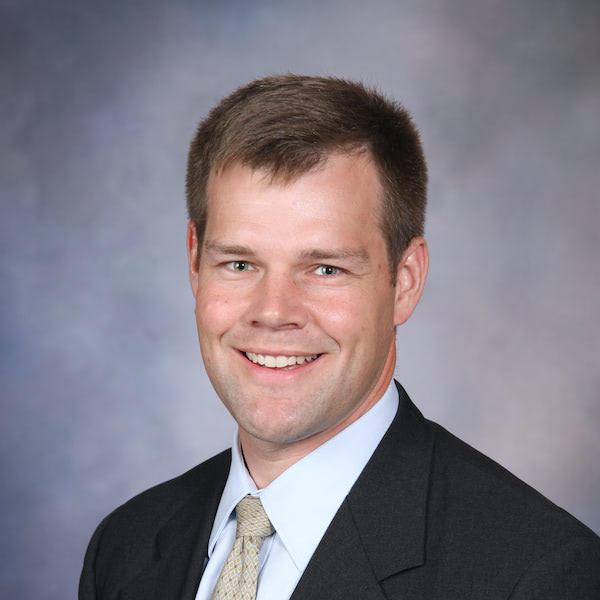- Undergraduate
Bachelor's Degrees
Bachelor of ArtsBachelor of EngineeringDual-Degree ProgramUndergraduate AdmissionsUndergraduate Experience
- Graduate
Graduate Experience
- Research
- Entrepreneurship
- Community
- About
-
Search
All Thayer Events
Jones Seminar: Building Success from Failure—A "Dartmouth" approach to orthopedic research
Feb
09
Friday
3:30pm - 4:30pm ET
Spanos Auditorium/Online
Optional ZOOM LINK
Meeting ID: 961 8109 4666
Passcode: 005351
Orthopedic conditions affect over 50% of the American adult population, and more than 75% of the population over age 65. The annual financial burden of these conditions exceeds 5.5% of the US GDP and is increasing at a rate three times that of the US economy. With this pressure on the ecosystem, how do we contain costs and not just maintain, but improve value? Value cannot be addressed by changing medical practice alone, particularly as the eligible patient population grows in number, increases in body mass index, and decreases in age.
Hip and knee replacement are prime examples. For the entire care pathway of joint arthroplasty (ie. from the election of replacement surgery through completion of rehabilitation), the implanted device may account for over 20% of the total cost, and postoperative physical therapy may account for another 10% of the total cost. Each of these is heavily influenced by underlying engineering in the design of the device and the biomechanics associated with rehabilitation. Moreover, because patient satisfaction, health outcomes, and device longevity are directly related to the performance of these factors, there exists a large opportunity to increase overall value in care through an engineering design approach with a more holistic consideration of orthopedic science. In other words, we need rigorous, interdisciplinary engineering practice applied in the context of regulatory, financial, ethical, medical, and user-centric constraints.
This talk will use these examples and more to focus on materials science, mechanics, and tribology supporting modern design evolution in musculoskeletal care: From atomic to continuum in length scale, and from concept to post-market surveillance in technology readiness level. An integrated research approach will be described wherein problem definition, fundamental science, solution strategies, and solution implementation are combined to produce measurable outcomes in technologies offered to today’s patients.
About the Speaker(s)
Douglas Van Citters
Associate Professor of Engineering, Dartmouth

Doug Van Citters is associate professor and associate dean for undergraduate education at Dartmouth's Thayer School of Engineering. As a musculoskeletal scientist, Van Citters focuses on the materials, mechanics, and design of artificial joints. His lab, the Dartmouth Biomedical Engineering Center (DBEC), includes one of the largest and oldest IRB-approved retrieval programs in the world with over 22,000 artificial knees, hips, shoulders, and ankles in the collection.
Van Citters’ research interests are based in medically-oriented applications of materials science, mechanics/dynamics, and tribology. Using the design and engineering problem solving approach common to Thayer's educational program, he has organized and vertically integrated DBEC in each of these areas to address (1) problem definition; (2) underlying science; (3) solution strategies; and (4) solution implementation. Van Citters' current research projects include implant failure analysis and design, polymer processing and properties, biomaterials development for bone cements, and implantable and wearable devices in biomechanics.
Contact
For more information, contact Ashley Parker at ashley.l.parker@dartmouth.edu.
